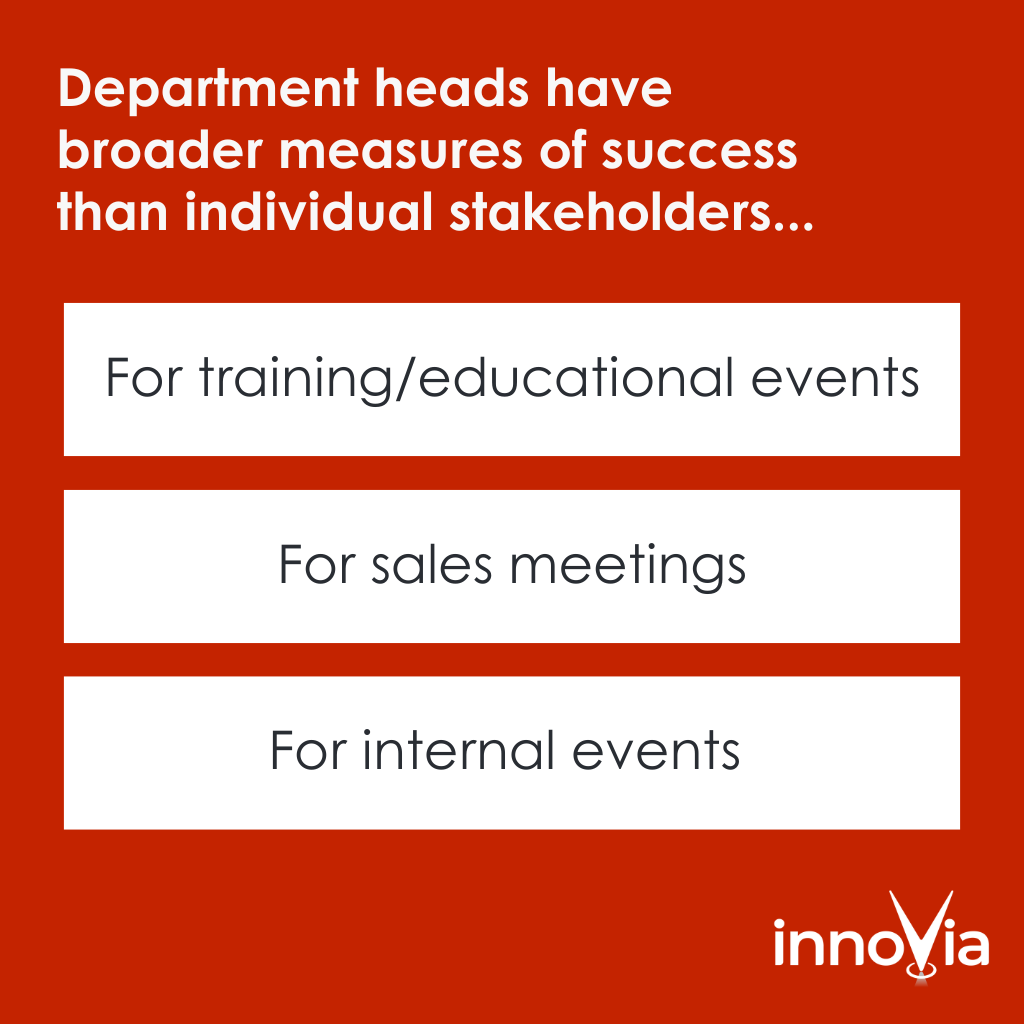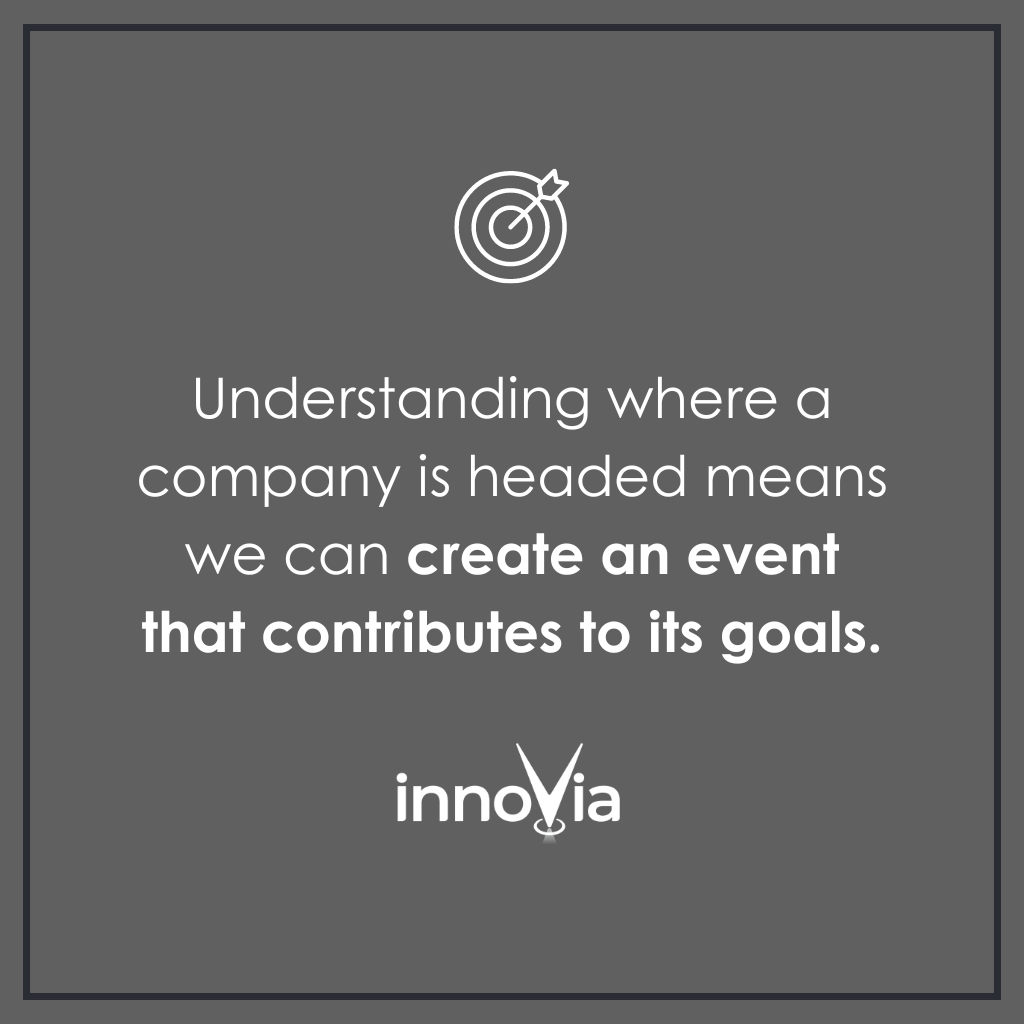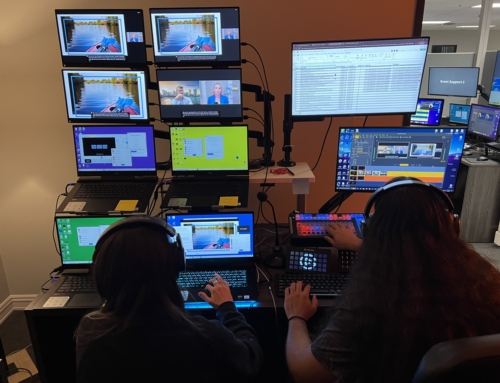Strong client relationships aren’t just built on transactions. They’re built on mutual trust and brand loyalty. That’s what keeps clients happy and buying year after year.
At innoVia Productions, our account managers create mutually beneficial relationships by getting to know each customer’s processes and networks, including their key stakeholders, goals, organizational chart, and internal hierarchy. Gathering this context helps us tailor our events to each client’s goals, challenges, and overall state of the union.
How do we accomplish this? Meet strategic account management (SAM): a consistent, repeatable system for building and maintaining mutually beneficial client relationships.
SAM doesn’t leave the quality of a business relationship up to chance or dependent on a specific person. Rather, it’s a strategic process that can be implemented across all accounts to drive results.
The Who’s Who of Strategic Account Management
When we begin a new client relationship, strategic account management dictates that we start with two questions:
- Who are the key stakeholders in this company?
- What are their goals?
We’ll explain why this is important shortly.
While every company is structured a bit differently, we’ve found that there are typically three levels of stakeholders involved in each organization: individual contributors, department heads, and the C-suite.
Here’s a breakdown of each and what success looks like for them:
Individual Contributors
Here, you’ll find the people you work with on a day-to-day basis.
At innoVia, the individual contributors we interact with are event planners and end-user customers. For event planners, individual-level stakeholders may be associate and senior directors or executive assistants — people who have a say in the meeting details, even though they may or may not be decision-makers.
Individual contributors review each event’s KPIs to gauge success. How many people attended? Were attendees engaged? What kind of feedback did the event receive?

Department Heads
This stakeholder level includes titles such as vice president, senior vice president, general manager, and department head.
For example, if you’re planning an investigator meeting for a pharmaceutical company, you may work with the head of the hematology or immunology department.
Department heads have broader measures of success than individual stakeholders:
- For training/educational events, they track information retention and behavior change. Did the attendees learn and absorb what was taught?
- For sales meetings, they look at the meeting’s impact on revenue numbers.
- For internal events, they look at employee retention and client growth.
C-Suite Executives
Owners and C-suite executives aren’t as involved in the day-to-day planning, but their high-level goals for the company trickle down and influence events.
Their most valuable success metrics include company profitability, shareholder value, competitive positioning, and market share. This big-picture messaging trickles down through the department heads to individual event planners and contributors — and it ultimately needs to affect each event’s execution.
Strategically Aligning Goals With Stakeholders
Aligning goals with stakeholders starts at the very top. At innoVia, we begin by understanding a company’s high-level goals, from business earnings to the development of new products and services.
Now, it may seem that individual meeting details and on-the-ground execution are far removed from those high-level C-suite priorities. It can be difficult to connect an individual event’s success to a company’s overall trajectory.
However, starting with high-level goals and working downward ensures we have all the pieces we need to help an organization make the right choices for its event. Understanding where a company is headed means we can create an event that contributes to its goals.
We start each client relationship by seeking to understand the top-level business context — earnings reports, new product launches, organizational changes, etc. We ensure every idea we bring to the table supports those key objectives.
Strategic account management helps us guide high-level conversations and strengthen the client relationship. By understanding their business goals, we become better partners.

The Benefits of a Single Point of Contact
Massive live event companies often pair clients with strangers who don’t understand their needs or goals. You’ll have to execute your event with whatever equipment is available and whatever technician is working that day.
You can explain what you need, and maybe they’ll get it right, but they won’t tailor the event’s execution to your company’s high-level goals.
InnoVia is different. We want to know who you are. All of our clients receive a single point of contact: a dedicated strategic account manager who gets to know them at every level.
Our clients don’t have to reinvent the wheel for every meeting because their account manager already understands the ins and outs of their events. This ensures an easy, consistent experience for our clients and elevates us to the role of a true partner.
The Role of Empathy in Strategic Account Management
If you’re focused on anything besides your customer, it’ll show. That’s why strategic account management emphasizes empathy, which demonstrates that you’re on your client’s side as a resource and a helping hand.
Empathy helps you build the trust necessary for a strong, long-term business partnership. After all, if you truly understand your client, their business, and their needs, why would they buy from anyone else?
The Strategic Account Management Association (SAMA) is a great place to start if you want to learn more about strategic account management and how it can transform your client relationships. We at innoVia learned valuable account planning strategies from SAMA that help us showcase our value to our clients.
Experience that value for yourself by reaching out to innoVia today.






